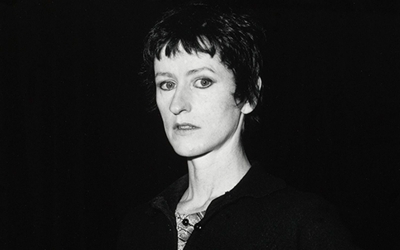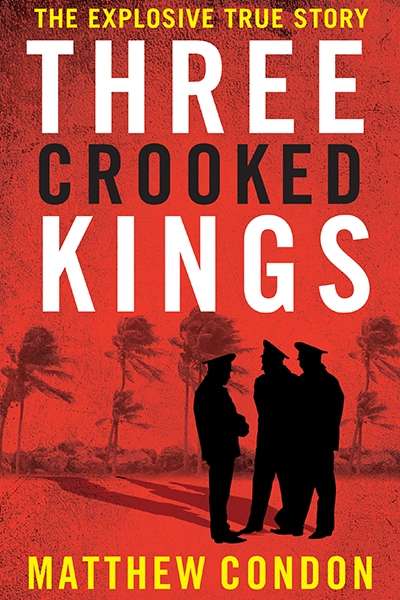Interview
Critic of the Month with Ian Dickson
Ian Dickson reviews theatre and books for ABR and is the co-author of the musical Better Known As Bee. As a schoolboy, visiting London in the 1960s to catch Saturday matinees, Ian developed his obsession with the performing arts, which followed him through degrees at the University of NSW and Yale. A lifetime spent one way or another around the theatre has made him understand the importance of the critic to make a record of that most ephemeral art.


























